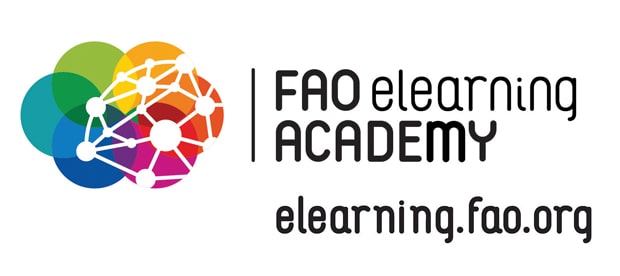What Makes Sustainable Food Systems Unique?
Find Your Mentors
Our interdisciplinary curriculum provides a framework that allows you to work closely with chefs and other faculty with expertise in a range of disciplines relevant to culinary sustainability. Each of these mentors will help you refine your own career goals and prepare you to become part of a cohort of globally-aware food leaders.

Boost Your Knowledge
Sustainable Food Systems students also earn globally recognized certifications through through the Food & Agriculture Organization (FAO) elearning Academy focused on global food and nutrition security, social and economic development, and sustainable management of natural resources.
Cultivate Your Own Path
Sustainable Food Systems is the launching point to a connected suite of programs focused around food systems leadership, including specialized areas of focus, minors and options for advanced graduate-level study. Those who want to continue their studies can explore the Graduate Certificate in Advanced Food Systems Studies or the master’s program in Food Systems Innovation & Leadership.